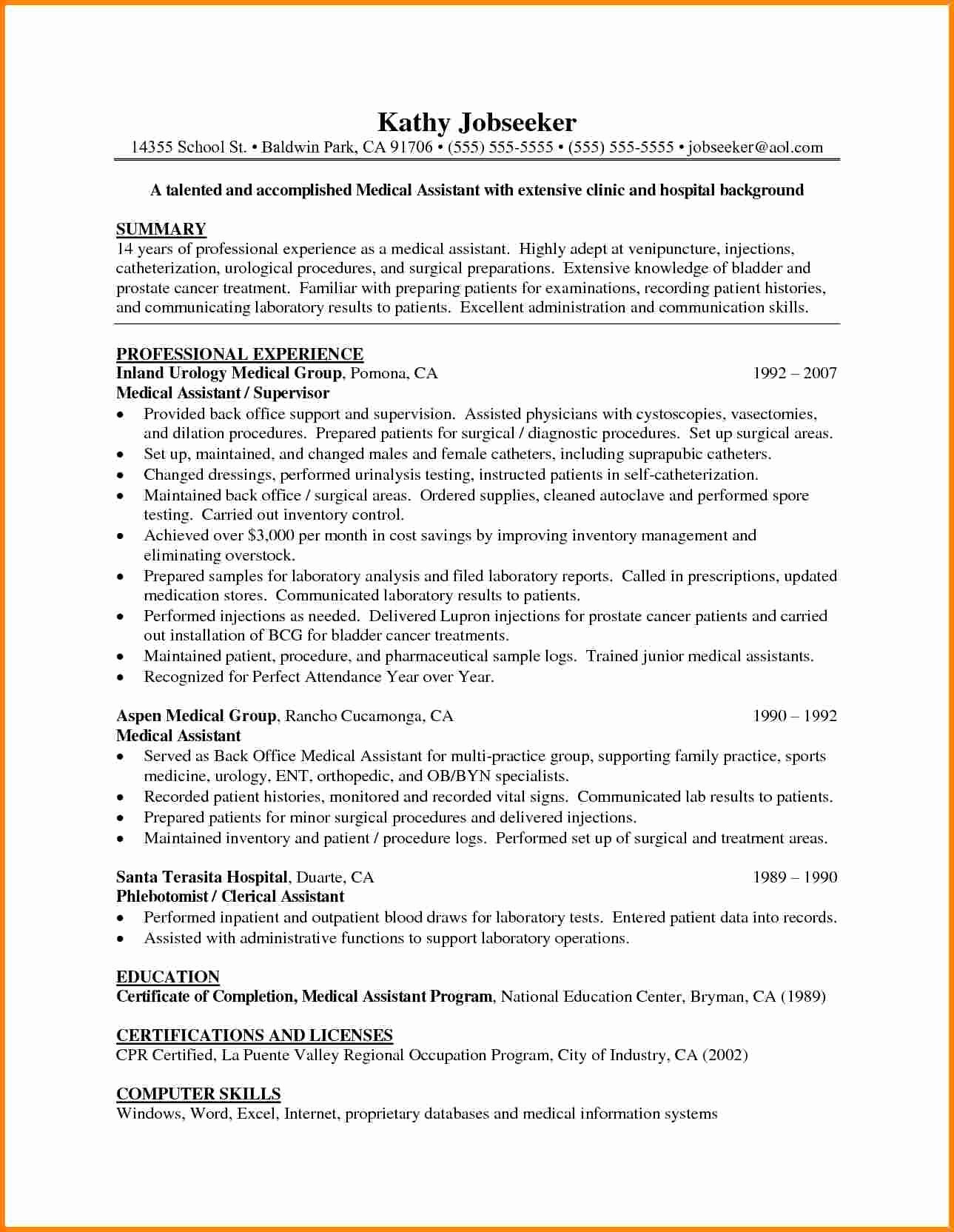
Chronological age may differ considerably from a person's functional age. : 12–3 Wattis and Curran add a fifth dimension: developmental.

Key Concepts in Social Gerontology lists four dimensions: chronological, biological, psychological, and social. Higgs and Gilleard describe the fourth age as "an arena of inactive, unhealthy, unproductive, and ultimately unsuccessful ageing". In British English, the "third age" is "the period in life of active retirement, following middle age". Two British scholars, Paul Higgs and Chris Gilleard, have added a "fourth age" sub-group. Describing sub-groups in the 65+ population enables a more accurate portrayal of significant life changes. A third sub-grouping is young-old (65 to 74), old (74 to 84), and old-old (85+). Another study's sub-grouping is young-old (65 to 74), middle-old (75 to 84), and oldest-old (85+). One study distinguishes the young-old (60 to 69), the middle-old (70 to 79), and the very old (80+). Therefore, rather than lumping together all people who have been defined as old, some gerontologists have recognized the diversity of old age by defining sub-groups. : 607 However, after 80, they generally become increasingly frail, a condition marked by serious mental and physical debilitation. In developed countries, many people in their later 60s and 70s (frequently called “early old age”) are still fit, active, and able to care for themselves. Gerontologists have recognized that people experience very different conditions as they approach old age. This number is also significantly affected by lower life expectancy throughout the developing world. Unlike in the developed world, where chronological age determines retirement, societies in developing countries determine old age according to a person's ability to make active contributions to society. This lower threshold stems primarily from a different way of thinking about old age in developing nations. National Institute on Aging and the World Health Organization Regional Office for Africa set the beginning of old age in Sub-Saharan Africa at 50. In contrast, a 2001 joint report by the U.S. The United Nations, for example, considers old age to be 65 years or older. Old age cannot be universally defined because it is context-sensitive. In non-Western nations, old age can begin as early as the mid-40s or as late as the 70s, although the idea of 'old age' generally shifts around. Reaching this age is commonly a requirement to become eligible for senior social programs.

Most developed Western countries set the retirement age around the age of 65 this is also generally considered to mark the transition from middle to old age. Royal Museums of Fine Arts, Brusselsĭefinitions of old age include official definitions, sub-group definitions, and four dimensions as follows. Definitions Old Woman Dozing by Nicolaes Maes (1656). In 2011, the United Nations proposed a human-rights convention to protect old people. They face social problems related to retirement, loneliness, and ageism. Old people often have limited regenerative abilities and are more susceptible to illness and injury than younger adults. Some disciplines and domains focus on the aging and the aged, such as the organic processes of aging ( senescence), medical studies of the aging process ( gerontology), diseases that afflict older adults ( geriatrics), technology to support the aging society ( gerontechnology), and leisure and sport activities adapted to older people (such as senior sport).

Old age is not a definite biological stage: the chronological age denoted as "old age" varies culturally and historically. People of old age are also referred to as: old people, elderly, seniors, senior citizens, elders, or older adults.

Old age is the range of ages for persons nearing and surpassing life expectancy.


 0 kommentar(er)
0 kommentar(er)
